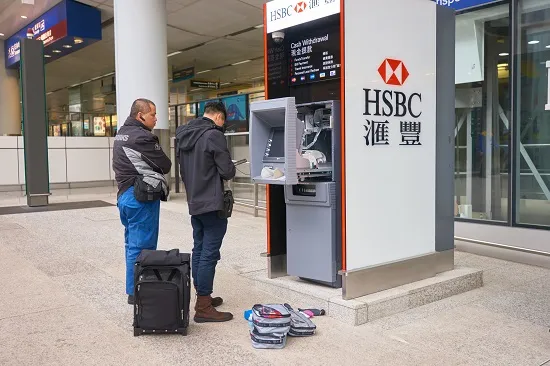
3 in 5 Hong Kongers prioritise data security over fast banking
Only 47% cited quick and easy banking as their top priority.
More than half (61%) of Hong Kong bank customers said that data security is their priority during bank transactions, ahead of fast and efficient service, according to a study by IT firm Unisys Corporation.
In comparison, only 47% of users prioritised quick and easy banking as their to priority and over a third (39%) are concerned with minimal disruption to their credit card or accounts in cases of attempted fraud.
“In 2016, the Hong Kong Monetary Authority (HKMA) launched the ‘Cybersecurity Fortification Initiative’ to raise the level of cybersecurity of banks in Hong Kong including a common Cyber Resilience Assessment Framework and professional development program to increase the supply of security professionals to the industry,” noted Ian Selbie, industry director for financial services at Unisys Asia Pacific.
Of the five countries and territories surveyed, including the Philippines, Australia, New Zealand and Taiwan, Hong Kong emerged as the only country where significantly more consumers trust the government to protect their personal data (30%) than banks (20%), the study found, adding that young people aged 18-24 have the highest trust in banks (26%).
Hong Kongers seem to be growing impatient with bank processes. According to the study, the proportion of customers expressing annoyance at having to repeat themselves to different consultants or bank channels grew from 15% to 21% in 2018. Moreover, the percentage of those annoyed by online services that require a visit to a branch or printing a form has more than doubled since 2016 to 17% in 2019. The study noted that long queues remain the top annoyance for Hong Kongers, although fewer (51% to 41%) have cited their issue as their main concern.
“Younger Hong Kongers, the growing segment of their customer base, expect online services to be a complete and consistent end-to-end service,” Selbie said.
In terms of banking technology, a majority of Hong Kongers said that they are comfortable using voice, face or fingerprint recognition to access mobile banking apps (70%) or facial or fingerprint recognition at an ATM (60%). Meanwhile, 55 percent% noted that they are comfortable using voice recognition when calling the bank’s call centre.
On the other hand, the study shows that residents in Hong Kong have yet to embrace behavioural biometrics, with only 47% saying that they are comfortable with the bank's way of tracking how a person scrolls, types, and presses buttons to verify identity a person scrolls through websites, types on a phone or presses buttons, to verify identity. Of those who don’t support using biometrics in banking, a majority are uncertain about the safety of their data once collected (52%) or are concerned about biometric data being stolen (49%).






![Lorem Ipsum [ABF 1]](https://cmg-qa.s3.ap-southeast-1.amazonaws.com/s3fs-public/styles/exclusive_featured_article/public/2025-03/a_hand_pointing_to_a_futuristic_technology_5b87c9d0e3_1.png.webp?itok=2w0y1WhS)


![Cross Domain [Manu + SBR + ABF + ABR + FMCG + HBR + ]](https://cmg-qa.s3.ap-southeast-1.amazonaws.com/s3fs-public/styles/exclusive_featured_article/public/2025-01/earth-3537401_1920_4.jpg.webp?itok=WaRpTJwE)








 Advertise
Advertise

